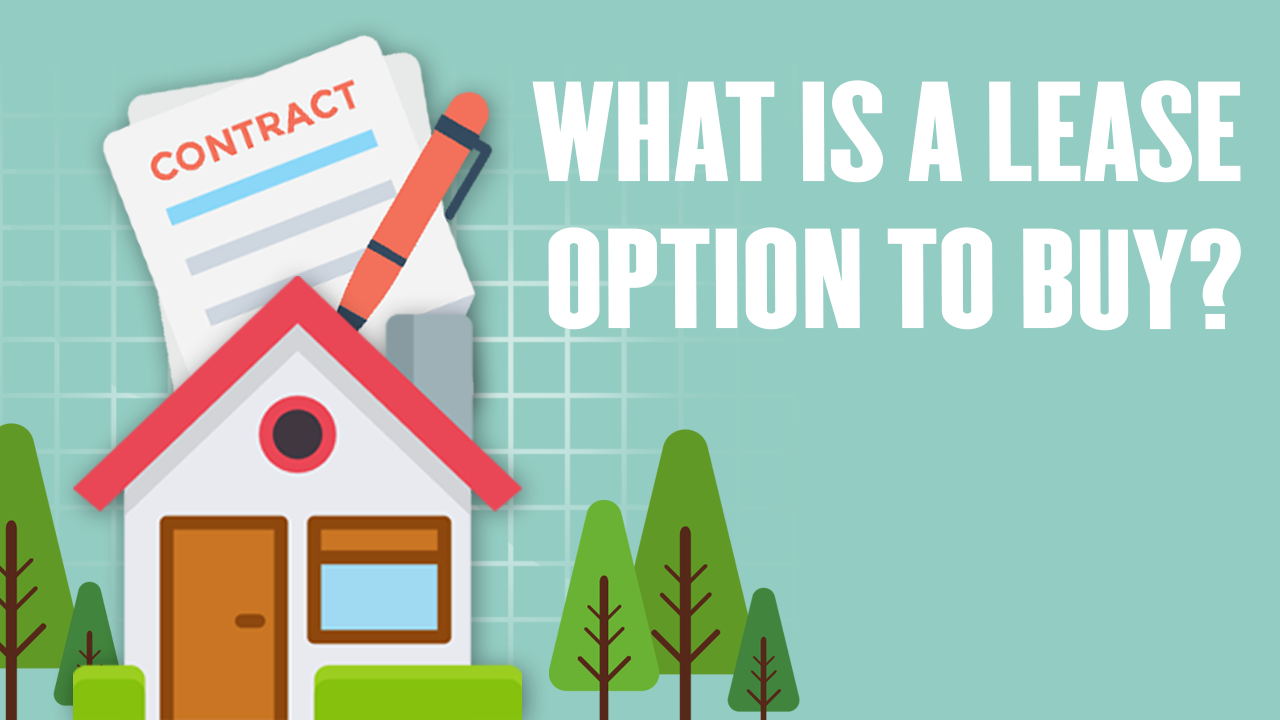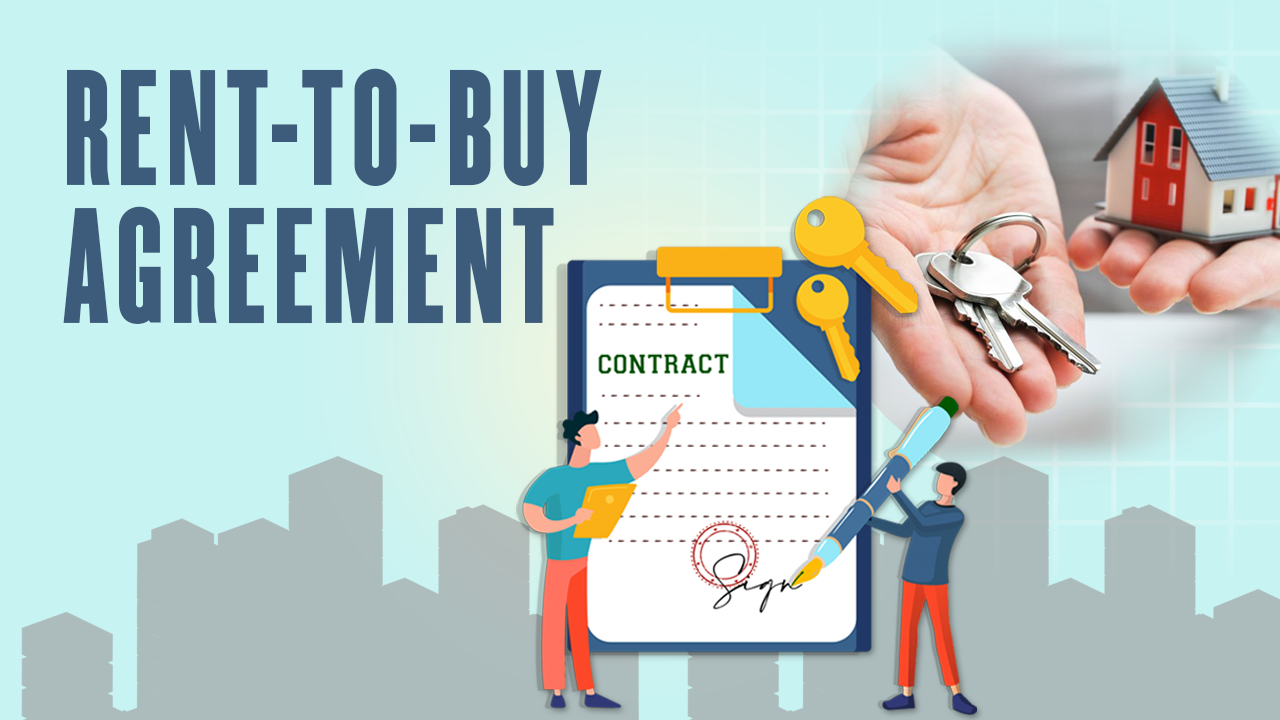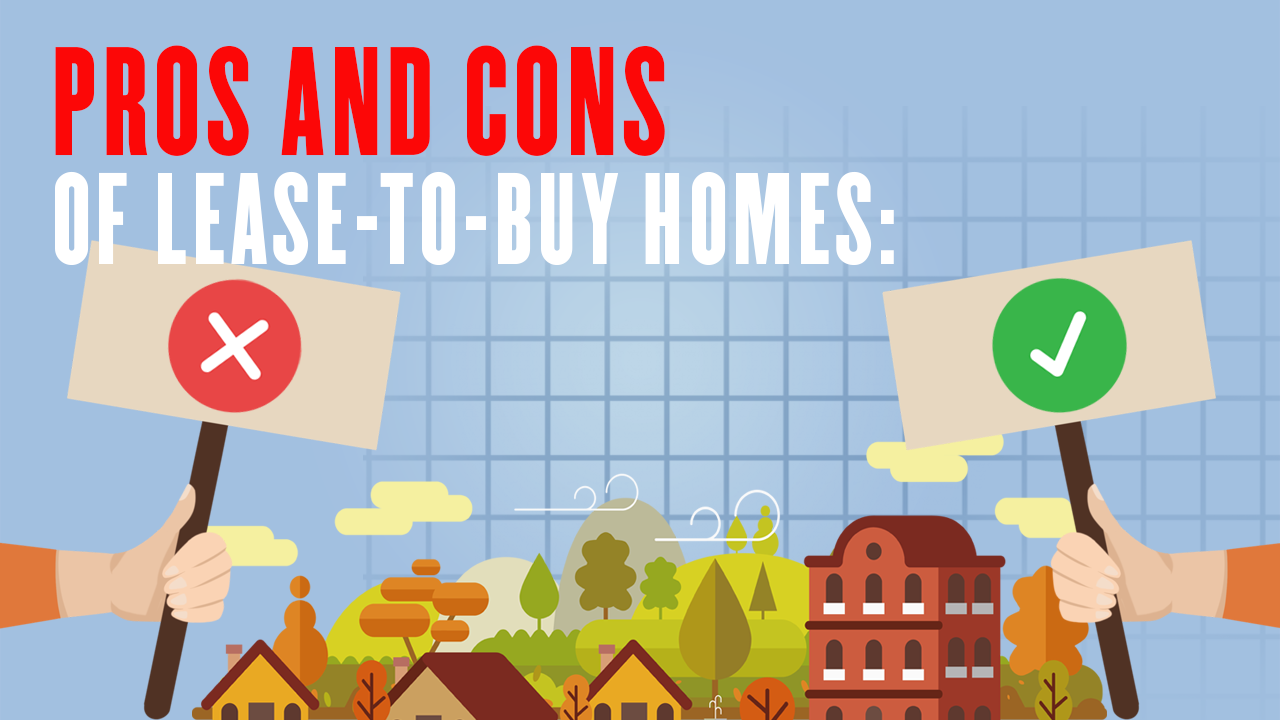While unique and accessible through specialized companies, lease options carry risks. Critical inquiries include agreement structure, preparation for purchase, market trends, responsibilities, and inspections. Seek legal advice for secure decision-making
Amid soaring mortgage rates and high home prices, lease options provide a pathway to owning a home. These agreements allow renters to potentially purchase a property after a specified period.
What is a lease option to buy?

A lease option is an agreement wherein a property owner and tenant mutually decide that, after a designated duration, the tenant has the option to purchase the property at a predetermined price. The tenant provides an initial option fee along with monthly payments contributing to the future down payment.
Lease option contracts are referred to by various terms such as rent-to-own, lease-to-buy, or lease with option to purchase. While each agreement may vary, declining the home purchase at the agreement’s end results in forfeiting the option fee and potentially the down payment funds.
This housing arrangement might seem unique, yet it’s more accessible than you imagine. Numerous companies specialize in arranging rent-to-own housing solutions.
Rent-to-buy Agreement

The Rent-to-Buy agreement grants the landlord the option to sell early and void the tenant’s choice, albeit under exceptional circumstances, and tenants receive financial compensation. Conversely, if tenants’ circumstances change after the initial six months of renting, they can provide one month’s notice and relinquish their buying option. With landlord consent, they can transfer their tenancy and option to another tenant.
Similar to any property purchase, a lease option bears risks for both buyers and sellers. Nevertheless, offering benefits to both parties, this novel tenancy arrangement could emerge as a welcome substitute for conventional UK property agreements.
Questions to consider regarding lease options
Lease-to-buy agreements can be intricate, hence ensure you’ve addressed these inquiries prior to proceeding:
-
How is the arrangement structured?
Ensure comprehension of all agreement terms, encompassing its duration and the option fee’s value (which can range from a few hundred pounds to a substantial 20 percent of the home’s worth). Typically, you’ll pay rent exceeding market rates, with a segment allocated to your forthcoming property down payment. Prior to signing, it’s advisable to consult with a real estate solicitor skilled in these pacts.
-
How do I ready for the purchase?
“When opting for a lease option, you’re gambling on qualifying for a mortgage and finalizing the purchase,” states Timothy McFarlin, a Californian property solicitor. “Ensure you have a feasible plan.”
Engage a mortgage lender pre-agreement to gauge funds required for future down payments and closing expenses. In parallel, enhance your credit score while renting to secure a favourable mortgage rate. Pay off debts, avoid new credit openings, and diligently manage bill payments for a higher credit rating.
-
How’s the local housing market?
Typically, an upfront purchase price is established or it’s noted that the final price will hinge on a home appraisal upon sale. Market fluctuations can impact prices during your lease, so it’s crucial to confirm potential adjustments.
In a rising market, pre-arranging a price can favour the buyer. However, in a declining market, be cautious – you might agree to pay more than the home’s future value. This could hinder mortgage approval and assembling a sufficient down payment and closing costs.
-
Who holds what responsibilities?
The lease-option deal should clarify if maintenance falls on the renter or landlord. It also outlines utility payments and homeowners association fees. Secure renter’s insurance and ensure the owner has landlord’s insurance.
-
Is a home inspection necessary?
Like any home purchase, a professional inspection is vital to ensure a wise investment. While it incurs a modest cost, it’s a safeguard against major issues. If the report reveals pricey problems, clarify repair timelines and funding responsibilities.
-
Have I explored alternatives?
If finances are unstable or committing to home purchase is uncertain, consider standard renting. Focus on improving credit and financial stability for a better chance of successful homeownership. Opting for a lease-option and above-market rent without progress is wasteful.
Kimberly Cole from Navicore Solutions, a financial counseling non-profit, recommends investigating local down payment assistance schemes. She suggests these programs could offer better terms, enabling immediate home buying instead of being tied to a landlord.
Pros and cons of lease-to-buy homes:

Pros:
- Assists in gradually accumulating funds for a deposit.
- Provides a window to enhance your credit prior to loan application.
- Allows you to acquaint yourself with a property before committing to purchase.
Cons:
- Commonly necessitates an upfront option fee along with rent payments.
- Fluctuations in the market while renting can impact property worth.
- Potential loss of funds if mortgage qualification fails or property purchase is declined.
SUMMARY:
A lease option to purchase can offer a valuable option for prospective homebuyers, particularly when you’re fond of a specific property but need time to enhance your savings and credit score before obtaining a mortgage. However, this approach comes with its own set of risks. If you believe it suits your situation, seek advice from a real estate lawyer to review the documentation and guide you through the agreement before finalizing the deal.
MORE Lease Options blogs HERE:
Mastering Lease Options: Your Ultimate Guide
Profiting from Lease Options: A Guide
Tax Implications of Lease Options
Lease Options or Traditional Rentals: Which Offers Greater Advantage?
Lease Options for Long-term Investing
How to Use Lease Options to Invest in Real Estate
